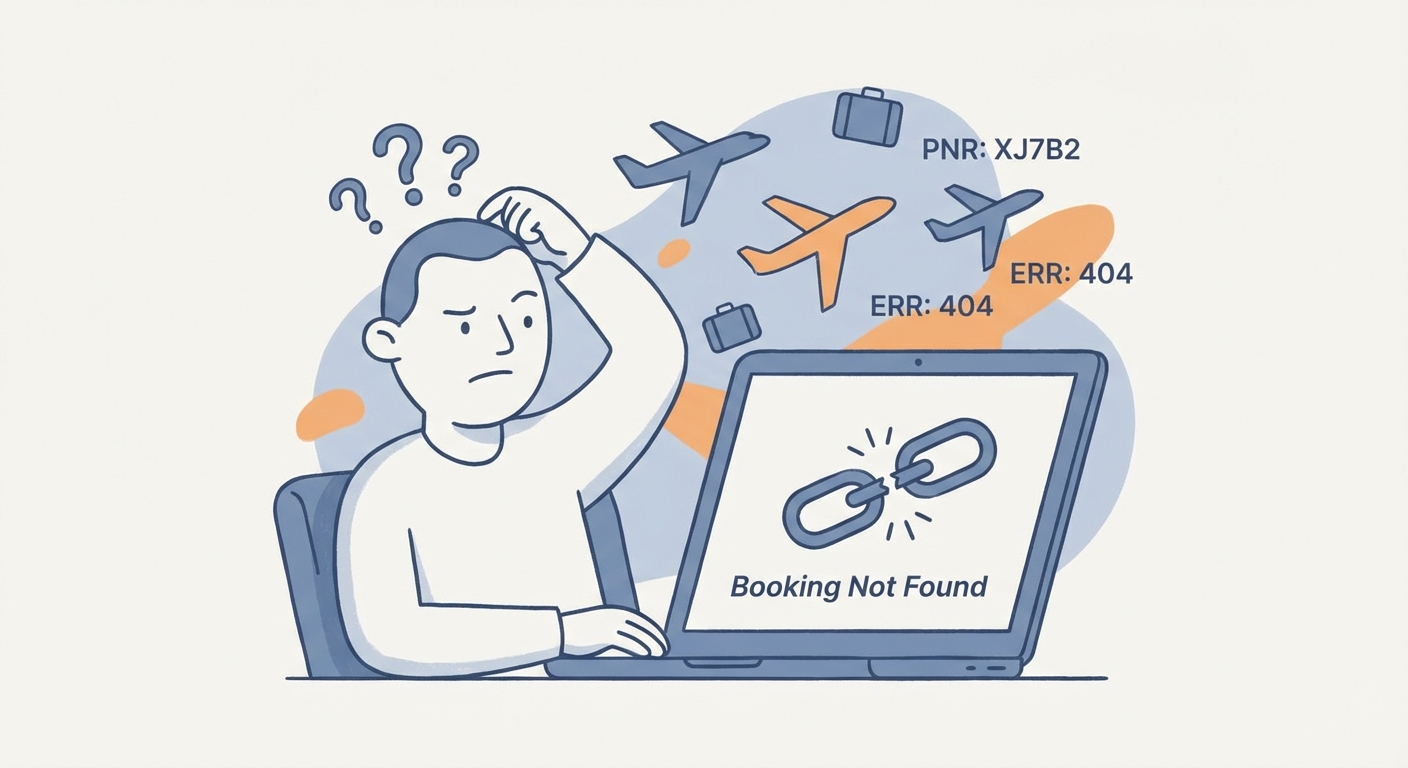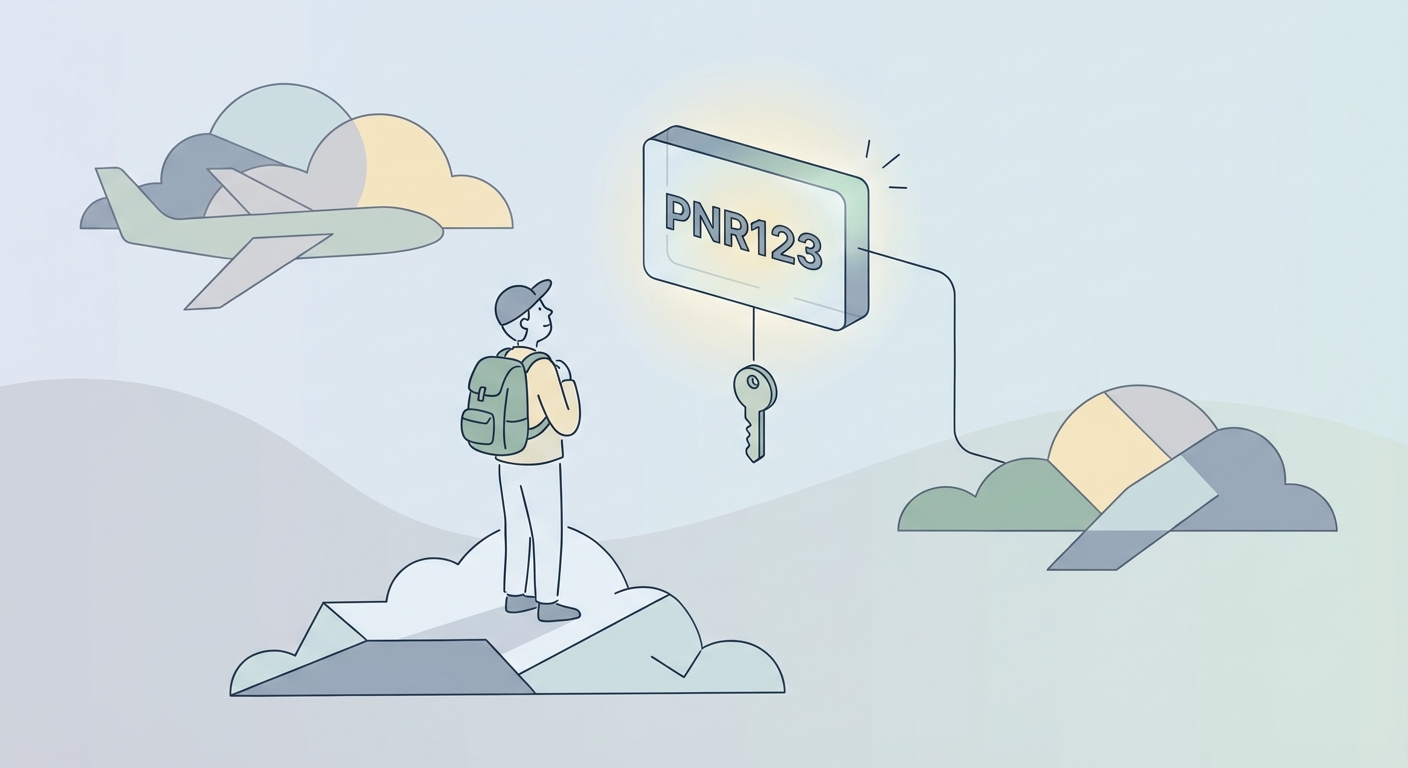Navigating Geopolitics: A Traveler's Guide to Safe and Informed Adventures
TL;DR
- This article explores the impact of geopolitics on international travel, covering risks from conflicts to trade wars. Learn how to stay informed, plan strategically, and adapt to unexpected events to ensure safe and fulfilling adventures. Discover resources and strategies for navigating an increasingly complex global landscape.
Navigating Geopolitics: A Traveler's Guide to Safe and Informed Adventures
Understanding Geopolitical Risks in Travel
Planning an adventure? It's not just about the destination; it's about understanding the world you're stepping into. Geopolitical risks are on the rise, and being informed is now part of being a savvy traveler.
Geopolitical turbulence is increasing, making travel planning more complex. As International SOS notes, conflicts and shifting allegiances impact travel routes and safety.
Conflicts in the Middle East and Ukraine have far-reaching consequences. These conflicts reflect a new geopolitical fault line, with global consequences like food security concerns and threats to maritime shipping.
The rise of a 'polycrisis,' where global and local issues blur increases risks for travelers. The line between global and local issues is increasingly blurred, with the effects of conflicts no longer being localized to a certain country or region.
Beyond conventional warfare, travelers face threats like ransomware and unpredictable inflation. These abstract threats can impact travel plans and local conditions, for example, by affecting the availability of goods or the stability of local economies.
Geopolitical trade wars can reduce spending power and strain trade relationships. Potential tariffs could spark retaliatory measures and widespread economic harm, limiting leisure and corporate travel, according to World Travel Protection.
Crises can disrupt critical infrastructure, food and water supplies, and medical services. These disruptions have real consequences for travelers, even beyond direct conflict zones.
Economic hardship often leads to increased crime and civil unrest. As perceived outsiders, travelers may be seen as relatively wealthy targets, making them more vulnerable.
Border, airspace, or airport closures can occur with little warning. Sudden changes can leave travelers exposed to related risks but also basic concerns like lack of access to daily medications or essential supplies.
Understanding these risks is the first step in planning safe and informed adventures. Next, we'll explore how to assess these risks and make informed decisions about your travel plans.
Identifying High-Risk Destinations
Is your dream destination worth the risk? Identifying high-risk destinations is crucial for safe and informed travel.
Start by checking travel advisories from government sources. These advisories offer valuable information about potential dangers, from political instability to health concerns. They help you understand the risks involved before you even book your trip.
- Risk assessment models can also help you evaluate the traveler, the destination, and the planned activities. Some firms assess threat using a "foreseeability of risk model”. This approach tries to predict what risks are likely to occur based on past events and current trends, helping you gauge the potential for danger.
- Stay updated by monitoring well-respected global news platforms and social media. These sources provide real-time updates on developing situations, helping you remain informed and adapt your plans as needed.
When assessing a destination, consider factors like political stability, crime rates, terrorism threats, and health risks. These elements can significantly impact your safety and well-being while traveling.
Also, consider the risk of natural disasters, and familiarize yourself with local laws and customs. Understanding these aspects helps you avoid legal issues and navigate unfamiliar situations. Research cultural norms to avoid misunderstandings or conflicts.
Analyzing specific examples of countries impacted by conflict, political unrest, or economic instability provides valuable insights. For instance, the 2023 coup in Niger caught many organizations off-guard, as highlighted by the Travel Risk & Incident Prevention (TRIP) Group. This event shows the need for horizon scanning on a global level. If travel is necessary to high-risk areas, planning for realistic scenarios ahead of time is key.
Being aware of potential risks is paramount for informed travel planning. Next, we'll delve into developing robust strategies for mitigating risks and ensuring safer travel experiences.
Pre-Trip Planning: Minimizing Risks and Maximizing Safety
Did you know that travel insurance claims spiked by over 300% during the pandemic? Don't leave home without a plan.
Comprehensive travel insurance is vital. It acts as a safety net, protecting you from unexpected events that can disrupt your trip. Make sure you choose a plan that fits your specific needs and destination.
Look for coverage that includes medical emergencies, trip cancellations, and security evacuations. Medical emergencies can be costly, and trip cancellations can occur due to unforeseen circumstances. Security evacuations may be necessary in unstable regions.
Review policy exclusions and limitations carefully. Some policies may exclude certain activities or pre-existing conditions. Understanding these limitations is crucial.
Create a list of emergency contacts, including local embassies and consulates. Embassies and consulates can provide assistance in case of emergencies. Keep contact information for your insurance provider and family members handy.
Keep copies of important documents (passport, visa, insurance) in a secure location. Store digital copies on a secure cloud service. This ensures you have access to them even if the originals are lost or stolen.
Establish a communication plan with family and friends. Set up regular check-in times and methods. This helps ensure your loved ones know you're safe and can reach you if needed.
Research local customs, laws, and cultural sensitivities. Awareness helps you avoid misunderstandings and potential conflicts. Understanding local laws is crucial to avoid legal trouble.
Be aware of dress codes, social etiquette, and religious practices. Respecting local customs shows consideration for the local culture. This can enhance your travel experience.
Learn basic phrases in the local language. Knowing a few key phrases can help you communicate and navigate more effectively. It also shows respect for the local culture.
Taking these pre-trip steps can give travelers peace of mind. Next, we'll discuss how to stay informed during your trip, helping you adapt to changing circumstances.
Staying Informed During Your Trip
Imagine landing in a new country only to discover the political climate shifted overnight. Staying informed on your trip is crucial for adapting to ever-changing circumstances.
Identify reliable news sources that provide real-time updates. Look for established international news organizations known for their journalistic integrity.
Use reputable news apps from trusted media outlets like Associated Press or Reuters. These apps often provide breaking news alerts and in-depth coverage.
Be wary of misinformation and fake news, especially on social media. Cross-reference information from multiple sources before making decisions.
Download travel apps that offer safety alerts and emergency assistance. Some apps provide real-time notifications about potential risks in your area.
Sign up for government travel advisory services. Many countries offer email or SMS alerts about safety concerns.
Enable location services on your phone for emergency tracking, but be mindful of privacy. Some apps can share your location with emergency contacts if needed.
Connect with local resources and expatriate communities for on-the-ground insights. These groups can provide valuable information about local conditions.
Join online forums and social media groups specifically for travelers. Ask for advice from experienced travelers and locals who can offer real-time updates.
Seek advice from experienced travelers and locals. Their firsthand knowledge can be invaluable in navigating unfamiliar situations.
By staying informed, you can adapt to changing circumstances and ensure a safer, more enjoyable travel experience. Next, we'll explore strategies for adapting to unexpected events during your trip.
Adapting to Unexpected Events and Crises
Imagine facing a sudden natural disaster while traveling abroad. Knowing how to adapt can be the difference between a manageable setback and a crisis.
Adhere to instructions from local authorities and emergency responders. During a crisis, local officials are your primary source of reliable information. Follow their directions closely to ensure your safety and the safety of those around you.
Follow evacuation orders and safety guidelines. Evacuation orders are issued for a reason. Comply immediately and follow the specified routes to designated safe zones. Ignoring these orders can put you and others at risk.
Stay informed about curfews and restrictions. Curfews and other restrictions are often put in place to maintain order and safety. Stay updated through local news, official channels, or community networks to avoid unintentional violations.
Establish a backup communication plan in case of network disruptions. Cell networks can become unreliable during crises. Having a backup plan, such as a satellite phone or a pre-arranged meeting point, is essential.
Use satellite phones or messaging apps that work offline. Satellite phones can provide communication when cell towers are down. Messaging apps that use Bluetooth or Wi-Fi Direct can also help you connect with others nearby without internet access.
Designate a contact person outside the affected area. A contact person who is not in the crisis zone can serve as a central point for information and communication between you and your family. They can also help coordinate assistance if needed.
Identify safe evacuation techniques and escape routes in advance. Before venturing out, research potential evacuation routes from your accommodation and other frequently visited locations. Knowing multiple escape routes can be life-saving.
Know the location of emergency shelters and safe zones. Emergency shelters provide a safe haven during disasters. Identify their locations and how to reach them quickly.
Practice situational awareness and avoid dangerous areas. Be vigilant about your surroundings. Avoid areas known for high crime rates or those prone to unrest, especially during uncertain times.
As International SOS notes, border, airspace, or airport closures can occur with little warning, leaving travelers exposed to related risks.
Adapting to unexpected events requires a combination of preparation, awareness, and responsiveness. Next, we'll cover the importance of travel insurance and medical assistance.
The Role of Travel Companies and Agencies
Planning a complex adventure can feel daunting, but the right travel company acts as your expert guide. Travel companies and agencies play a crucial role in ensuring safe and informed adventures.
Traditional travel agents can offer personalized advice and help navigate complex itineraries, especially for those less comfortable with independent planning. They often have established relationships with suppliers and can advocate on your behalf.
Specialized risk management firms focus on assessing and mitigating risks for travelers, particularly for corporate or high-risk expeditions. They provide detailed threat assessments and security planning.
Online travel agencies (OTAs) offer convenience and a wide range of options, but travelers should still do their due diligence on safety information.
GoTriply's ai-powered trip planner can provide personalized and safe travel itineraries. This includes accounting for real-time data on geopolitical risks. The ai assesses potential dangers and suggests alternative routes or destinations. For example, it might suggest avoiding a region with recent political unrest or rerouting a journey to bypass potential transportation disruptions.
We give you up-to-date information on destination safety and geopolitical risks. We gather data from reliable sources to keep you informed about potential hazards. This allows you to make informed decisions. Examples of potential hazards include sudden border closures, localized protests, or changes in visa requirements.
Our booking assistance for hotels and activities ensures secure and reliable choices. We partner with trusted providers to ensure safety and quality. We carefully vet accommodations and tour operators.
Select tour operators and accommodation providers with strong safety records. Look for companies with experience in high-risk environments. Verify their safety protocols and emergency response plans.
Read reviews and check for certifications and accreditations. Reputable organizations often have certifications from recognized bodies. Reviews from other travelers can provide valuable insights.
Inquire about their emergency response plans and safety protocols. Understand how they handle unexpected events or crises. Knowing their procedures can provide peace of mind.
GoTriply specializes in creating custom travel packages for adventure seekers. We understand the unique needs of those seeking thrilling experiences. We tailor our services to those needs. For adventure seekers, this might mean navigating remote locations, engaging in high-adrenaline activities, or experiencing cultures far from the typical tourist trail, all while ensuring safety measures are in place.
We tailor itineraries to your preferences while prioritizing safety and security. We balance adventure with careful risk assessment. We ensure your itinerary is exciting and safe.
Our destination exploration guides provide valuable insights into local conditions. These guides help you understand cultural norms. They also provide information on potential risks. For example, a guide might detail local transportation etiquette, common scams to watch out for, or areas that are best avoided after dark.
Travel companies and agencies can be your best ally. Next, we will cover the importance of travel insurance and medical assistance for mitigating travel risks.
The Future of Travel in a Geopolitically Complex World
The world is more interconnected than ever, but this also means geopolitical risks can quickly disrupt even the best-laid travel plans. How can travelers navigate this complex landscape and ensure their adventures remain safe and fulfilling?
Geopolitical factors increasingly influence travel decisions. Travelers now consider political stability, potential conflicts, and international relations when choosing destinations. For example, a businessperson might reassess travel to a country involved in a trade dispute due to potential economic instability.
Balancing adventure with safety poses a significant challenge. Adventure seekers want to explore off-the-beaten-path locations, but these areas often carry higher risks. This requires a careful evaluation of potential dangers and thorough preparation.
Technology plays a crucial role in travel planning and risk management. Real-time updates, safety apps, and ai-powered travel planners provide travelers with valuable information and assistance. Real-time updates can offer immediate alerts about developing situations, safety apps can provide emergency contacts and location sharing, and ai planners can optimize routes based on current risk assessments.
Flexibility and adaptability are essential in travel plans. Unexpected events, such as border closures or political unrest, can disrupt itineraries. Having backup plans and being ready to change course are now vital skills for travelers.
Staying informed and prepared is more important than ever. Monitoring news sources, government advisories, and local information helps travelers anticipate and respond to potential risks.
Responsible and sustainable travel practices are gaining importance. Travelers are increasingly aware of their impact on local communities and the environment. Choosing eco-friendly options and respecting local customs contribute to a more positive travel experience, which can indirectly foster better local relationships and reduce reliance on potentially unstable infrastructure.
Key websites, organizations, and tools help monitor geopolitical risks. Reputable news sources like the BBC or CNN, government travel advisories such as the U.S. Department of State's travel pages, and risk assessment platforms like Stratfor or Control Risks provide valuable information. Always cross-reference information from multiple sources.
Government travel advisories and safety resources offer crucial guidance. These advisories provide insights into potential dangers, health risks, and security concerns. Regularly check resources like the UK's Foreign, Commonwealth & Development Office (FCDO) travel advice or Canada's Travel.gc.ca before and during your trip.
Books, articles, and podcasts offer further learning on geopolitical issues. Staying informed about global events and their potential impact on travel enhances your ability to make safe and informed decisions.
Navigating a geopolitically complex world requires awareness, preparation, and adaptability. By staying informed and embracing responsible travel practices, you can continue to explore the world with confidence.





